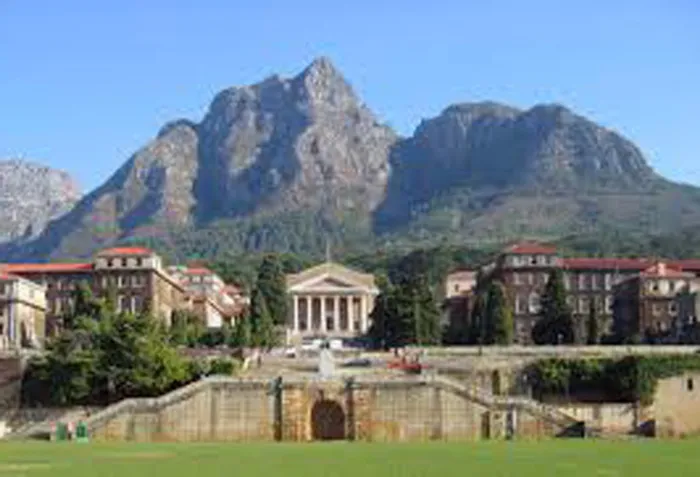‘Rape survivor told to bath’

Staff at UCT, both academic and non-academic, could face retrenchment if the institution's savings target of R120 million to attain sustainability is not achieved. Staff at UCT, both academic and non-academic, could face retrenchment if the institution's savings target of R120 million to attain sustainability is not achieved.
Cape Town - Take a warm bath and go to sleep, is what one survivor at UCT was allegedly told when she reported a case of sexual assault, according to a report drawn up by the institution’s team, which is tasked with coming up with a response to the increase in rape cases there.
Thirteen cases of sexual violence against UCT students were reported in the first four months of this year, according to the first quarterly report of UCT’s sexual assault response team.
The team was established earlier this year to ensure a co-ordinated and consistent level of care and support to survivors of sexual violence on campus.
The team’s preliminary findings included that:
* Twelve of the cases were reported as rape and one as sexual harassment.
* Three of the reported incidents were associated with the Rhodes Memorial rape incidents.
* Of the six reported rape cases committed on campus, most happened in residence rooms while one happened in the alleged perpetrator's office.
* The reported case of sexual harassment was committed in a study room in a residence.
Information was missing on the other three cases and, according to the report, the response team was following up on this.
“The number of reported cases at UCT in the past four months is extremely
concerning,” the report stated.
All the survivors identified themselves as UCT students and four of the alleged perpetrators were identified as UCT students, while one was identified as a staff member. According to the report, the staff member “remains unnamed as the survivor is scared to give his name”.
The incidents of rape were reported to various people or offices on and off campus, and the report revealed that some first responders’ responses had not been appropriate.
“Some responses from first responders are of concern because of their impact on the preservation of evidence. For instance, one survivor was advised to take a warm bath and go to sleep. A bath following an incident of rape destroys or removes forensic evidence.”
The report identified a common trend in most reported cases in which the survivor and perpetrator were known to each other. In these cases, the survivor and the perpetrator had dined, partied or had alcohol together before the rape.
What is worrying is that most survivors could not remember most details about the incidents of rape, aside from discovering they had been raped when they woke up.
“Having sex with someone who is unconscious is rape and is unacceptable. Unconsciousness may result from drinking liquor that has been spiked with drugs.”
Only one of the cases has been dealt with by the UCT disciplinary tribunal and the team was waiting on the tribunal’s ruling.
The Rhodes Memorial rapes were being dealt with by the police.
Asked if the survivors in the cases that still had to be dealt with by the tribunal had also been encouraged to report the matters to the police, UCT spokeswoman Patricia Lucas said the university encouraged survivors of sexual violence to open a case with the police.
In a communiqué to the campus community, UCT vice-chancellor Dr Max Price said the report had highlighted major concerns about the quality of care that has been offered by UCT to survivors of sexual assault.
“We recognise the importance of being transparent about these issues. The report notes, for instance, how a survivor was wrongly advised regarding what to do after being assaulted. We are looking into this and will ensure that staff members who are likely to be involved with survivors of sexual assault are trained to provide the correct information,” he said.